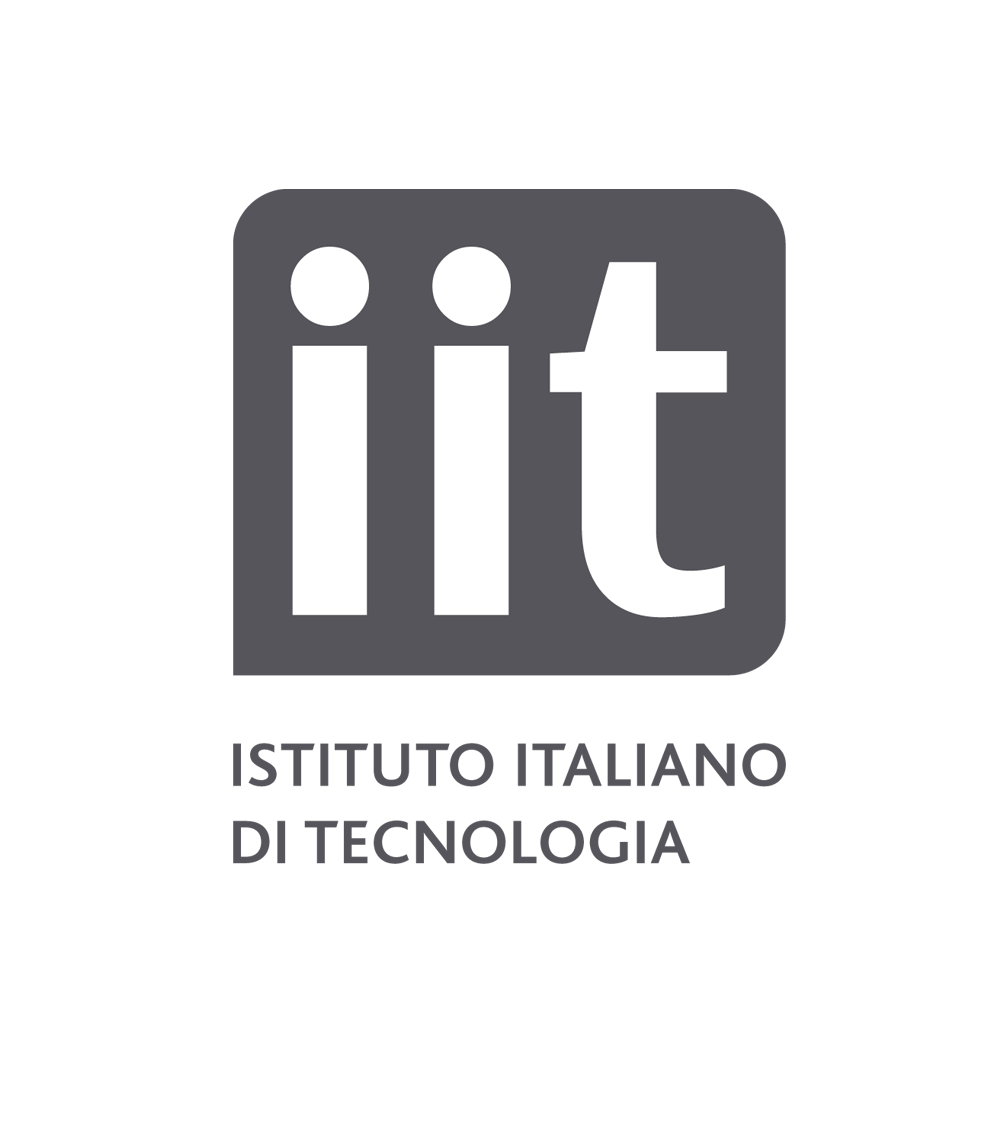EDUCATION / WORK EXPERIENCE
2019- present: Tenured Senior Researcher, Neuroscience Area, Istituto Italiano di Tecnologia, Genova, Italy.
2013- present: Adjunct Faculty Investigator, Lieber Institute for Brain Development. Baltimore, MD, USA.
2014- 2019: Senior Researcher, Associate Professor level, Neuroscience and Brain Technologies Department, Istituto Italiano di Tecnologia, Genova, Italy.
2011- 2014: Assistant Professor, Department of Pharmacological Sciences, University of Padova, Italy.
2010- 2014: Tenure Track-1, Team Leader, Neuroscience and Brain Technologies Department, Istituto Italiano di Tecnologia, Genova, Italy.
2005- 2010: Post Doctoral Fellow, Clinical Brain Disorders Branch, National Institute of Mental Health, NIH, Bethesda, USA. Supervisors: Dr. Daniel R. Weinberger and Dr. Jacqueline N. Crawley.
2004- 2004: Researcher, University of Bordeaux, France. Supervisors: Prof. Antoine Tabarin and Dr. Angelo Contarino.
2003- 2004: Researcher, INSERM Unit 588, “Laboratoire de Physiopathologie du Comportement”, Bordeaux, France. Supervisors: Dr. Pier Vincenzo Piazza and Dr. Angelo Contarino.
2002- 2005: PhD Student in Pharmacology and Toxicology, University of Padova, Italy. Supervisor: Dr. Angelo Contarino.
2000- 2001: Pharmacist. S. Chiara pharmacy. Vicenza, Italy. Supervisor: Dr. Paolo Pretto.
1996- 2001: Pharmacy graduate studies (110/110 cum Laude), University of Padova, Italy.
GRANTS
2022- 2025: Co-PI, work package leader. AIFA (Agenzia Italiana del Farmaco). Title: “Cannabidiol as an add-on treatment to substance abuse in juvenile patients with psychosis: a double-blind randomized placebo-controlled study (CAT-PSY)”.
2020- 2022: Principal Investigator. Research collaboration agreement with Friedrich Miescher Institute for Biomedical Research, Switzerland. Title: “Use of an innovative conditional D2-receptor knockout approach, coupled to time- and cell type-specific viral delivery to identify the critical targets in the mouse model LgDel”.
2020- 2024: Principal Investigator. Fondazione Telethon – project GGP19103, title: “Improving developmental trajectories in 22q11.2 deletion syndrome by oxytocin: focus on anti-inflammatory effects”.
2018- 2023: Principal Investigator. Ricerca Finalizzata Giovani Ricercatori 2016 - Ministero Salute – project GR-2016-02362413, title: “Dysbindin-antipsychotics psychophamarcogenetics: a mouse-human translational study towards personalized healthcare in bipolar disorders”.
2018- 2021: Principal Investigator. Boehringer Ingelheim Pharma. Title: “Role of the frontocortical-parvalbumin system in higher-order cognitive functions and in the onset of cognitive deficits induced by schizophrenia-relevant mutations”.
2018- 2020: Supervisor and hosting lab. Marie Sklodowska-Curie individual Fellowships to Celine Devroye. Grant N. 796244. SocialBrainCircuits.
2018: Principal Investigator. The MINDDS Action of the European COST Association (eCOST). Training school/hands-on workshop in “Convergence Neuroscience: bridging the gap between human patients and animal models of neurodevelopmental disorders”.
2016- 2018: Principal Investigator. Compagnia di San Paolo grant n. 2015-0321. Title: “Utilizzo di variazioni genetiche in dysbindin-1 (dtnbp1) per lo sviluppo di trattamenti più efficaci e personalizzati per la schizofrenia”.
2015- 2018: Principal Investigator. Brain & Behavior Research Foundation, 2015 NARSAD Independent Investigator grant n. 23234; Title: “Use of genetic-driven dysbindin-1 (DTNBP1) variations for more effective and personalized treatments in First Episode of Psychosis”.
2013- 2017: Principal Investigator. Roche Postdoc Fellowship Program; title: “D2L/S-dysbindin genetic interaction: towards early detection and personalized interventions for cognitive deficits and schizophrenia”.
2014- 2015: in charge of a work package. 2013 NARSAD Young Investigator grant. Title: “Indicated prevention with long-chain polyunsaturated omega-3 fatty acids in patients with 22q11 microdeletion syndrome genetically at high risk for psychosis: A randomised, double blind, placebo-controlled treatment trial”.
2013- 2016: Principal Investigator. Ricerca Finalizzata Giovani Ricercatori 2010 - Ministero Salute – project GR-2010-2315883, title: “Schizophrenia pathogenetic mechanisms associated to dysbindin dysfunctions in fly and mouse models”.
2008- 2010: Principal Investigator. NIHM Julius Axelrod Memorial Fellowship Training Award. Behavioral characterization of genetically modified mice for schizophrenia-associated susceptibility genes.
AWARDS AND HONORS
2018: Abilitazione Scientifica Nazionale, Full Professor, Fascia 1, Pharmacology.
2018: Scientific Director and Organizer of the Training school/hands-on workshop in “Convergence Neuroscience: bridging the gap between human patients and animal models of neurodevelopmental disorders”. Genova, Italy.
2017: travel award, ACNP 56th Annual Meeting, USA.
2017: Scientific Director and Organizer of the International Summer School of Neuroscience. Noto, Italy.
2015: Spring 2015 JOVE/Med Associates Competition.
2014: the Marie Curie Alumni Association.
2012: Winter Conference on Brain Research Travel Fellowship Award.
2009: Award as Preceptor, Howard Hughes Medical Institute Student Internship Program.
2008: NIMH Julius Axelrod Memorial Fellowship Training Award.
2008: Award as Preceptor, Howard Hughes Medical Institute Student Internship Program.
2007: Mentor to prize winner, American Academy of Neurology, Neuroscience Research Prize.
PROFESSIONAL SOCIETIES & SCIENTIFIC COMMITTEE
2018- : The Association for the Study of Animal Behaviour
2013- : Societa' Italiana di Farmacologia
2012- : Schizophrenia International Research Society
2012- : The Marie Curie Alumni Association
2008- : International Behavioral Neuroscience Society
2004- : Society for Neuroscience
2021- : Scientific Programme Committee, European College of Neuropsychopharmacology (ECNP)
2020- : Scientific Committeee of the IIT IACUC (Institutional Animal Care and Use Committee).
